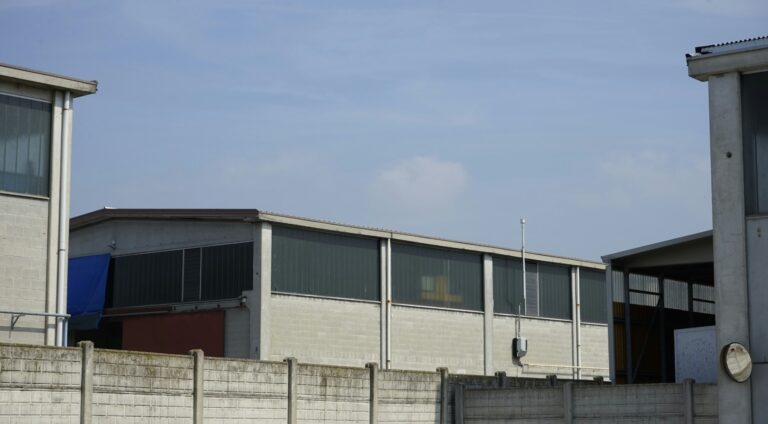Sexual abuse among individuals with intellectual and developmental disabilities (IDD) is a deeply concerning yet frequently overlooked issue within society. These individuals are victimized at rates significantly higher than those observed in the general population. According to data from the U.S. Department of Justice, adults with IDD are seven times more likely to be sexually assaulted than adults without disabilities. For children with IDD, the risk of sexual assault is nearly five times greater than their peers without disabilities.
Often, this abuse occurs within relationships that should be sources of support and safety. This profound betrayal is underscored by data from The Arc, a leading national advocacy group for individuals with IDD. Their report reveals that a staggering 97 to 99 percent of abusers are individuals known and trusted by the victims. Notably, 32% of these abusers are family members or acquaintances, emphasizing the deeply personal nature of the betrayal. Additionally, an alarming 44% of abusers are in roles directly connected to the victim’s disability care, including residential staff, transportation providers, and personal care attendants, further complicating the trust dynamics within these relationships.
The increased vulnerability of individuals with IDD to sexual violence can be attributed to a multitude of factors. Frequently, these individuals depend on their abusers for essential services, including daily living assistance, healthcare, financial management, and economic support. When a caregiver is also an abuser, it significantly complicates the reporting process/ Victims are placed in a precarious situation where reporting could mean jeopardizing their daily care and support. Another contributing factor is challenges with social skills. A recent study on individuals with IDD found that 57.9% of its participants faced difficulties with communication skills. These difficulties can impede their ability to build and maintain relationships, leading to isolation and a reduced social support network. Additionally, there is often a glaring absence of comprehensive sex education tailored to individuals with IDD. The lack of education regarding bodily autonomy and consent further exacerbates the difficulty in recognizing and reporting inappropriate behaviors, leaving a vulnerable population even more susceptible to abuse.
The aftermath of sexual abuse for individuals with IDD can be devastating, impacting the victim’s psychological, physical, and behavioral health significantly. Victims may suffer from psychological effects, such as “depression, anxiety, panic attacks, low self-esteem, shame and guilt, irrational fear, and loss of trust.” Physical effects may include “pregnancy, sexually transmitted diseases, bruises, lacerations, and other physical injuries,” as well as psychosomatic symptoms such as “stomachaches, headaches, seizures, and problems with sleeping.” Victims may experience behavioral difficulties, such as “withdrawal, aggressiveness, self-injurious and sexually inappropriate behavior.”
Civil actions emerge as a critical pathway for victims in pursuit of justice and compensation for the abuse they have suffered. While no amount of money can undo the trauma and abuse endured, financial compensation plays an important role in supporting the victim’s path to healing and recovery. According to a study by the CDC’s National Center for Injury Prevention and Control, the lifetime economic cost associated with rape in adults amounts to $122,461. Financial compensation can help cover a range of expenses related to the abuse, including medical bills, therapy costs, and lost wages, thereby easing the financial burden often faced by victims after the abuse. In addition to economic damages, victims may seek compensation for non-economic damages, which cover “pain, emotional anguish, humiliation, reputational damage, loss of enjoyment of activities, or worsening of prior injuries.” Non-economic damages can provide victims with a sense of recognition and validation of the enduring pain and suffering inflicted by the abuse.
Moreover, pursuing civil justice empowers victims to effectuate change and increase societal recognition of the extensive but frequently overlooked abuse of individuals with IDD. Victims may seek details concerning the offender or the involved institution to be released to the public. Such actions can foster greater societal awareness and lead to the implementation of preventive measures, resulting in safer communities and aiding in the prevention of future incidents.
If you or someone you love is an adult with an intellectual or developmental disability who has been sexually abused by a caregiver, support service worker, or treatment provider, the experienced team of trauma-informed advocates at Crew Janci is here to help. Call today for a free, confidential consultation at: 1-888-407-0224 or use our confidential submission form. We will treat you with dignity and respect.
You are not alone. We are here to help.































